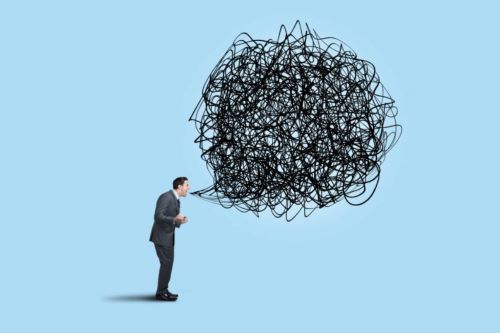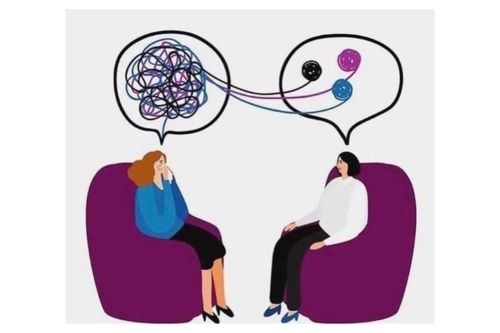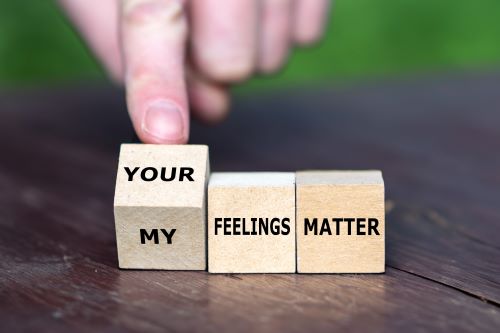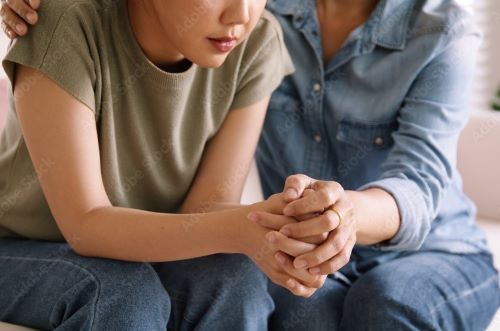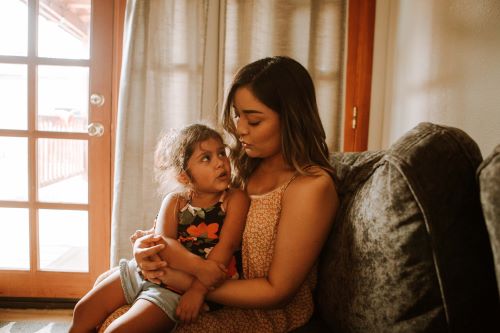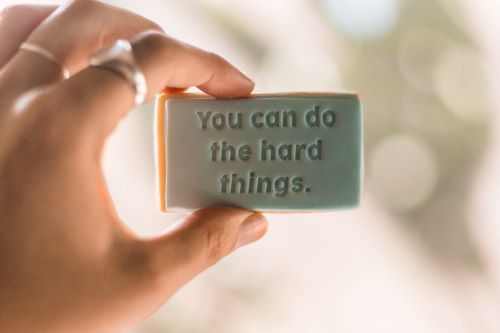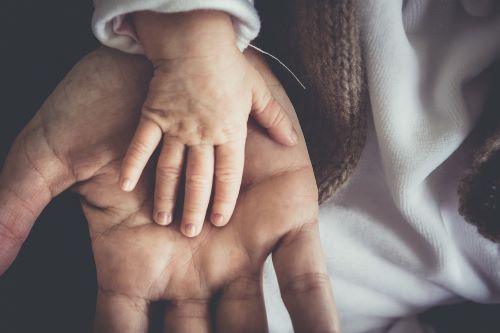If you feel like anger is hard to regulate, you’re not alone! Many of us feel lost when it comes to coping with feelings of anger. Connecte clinical psychologist Dr. Marianne Lemay offers both framing and strategies that can help us better understand and handle this important and integral adaptive emotion.
